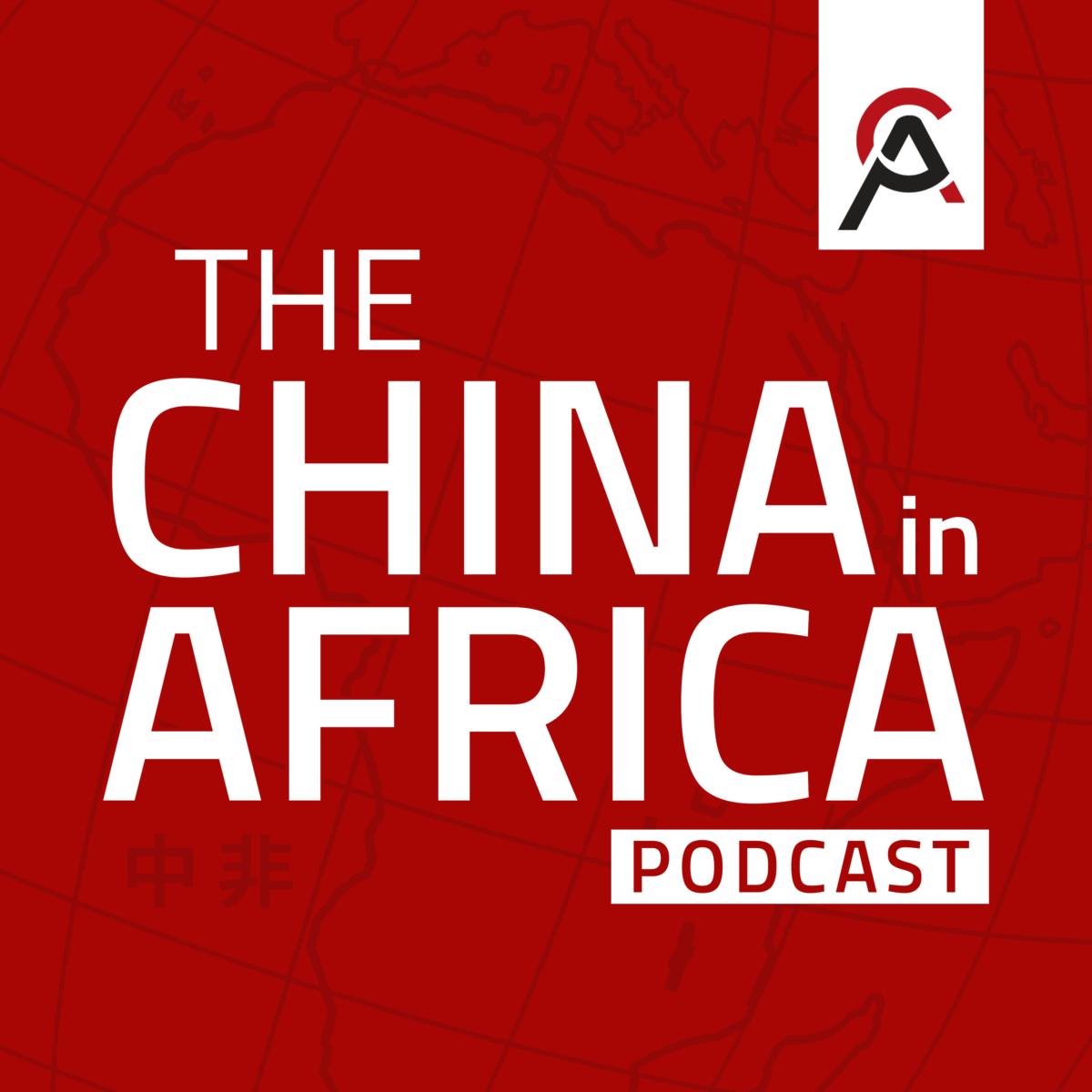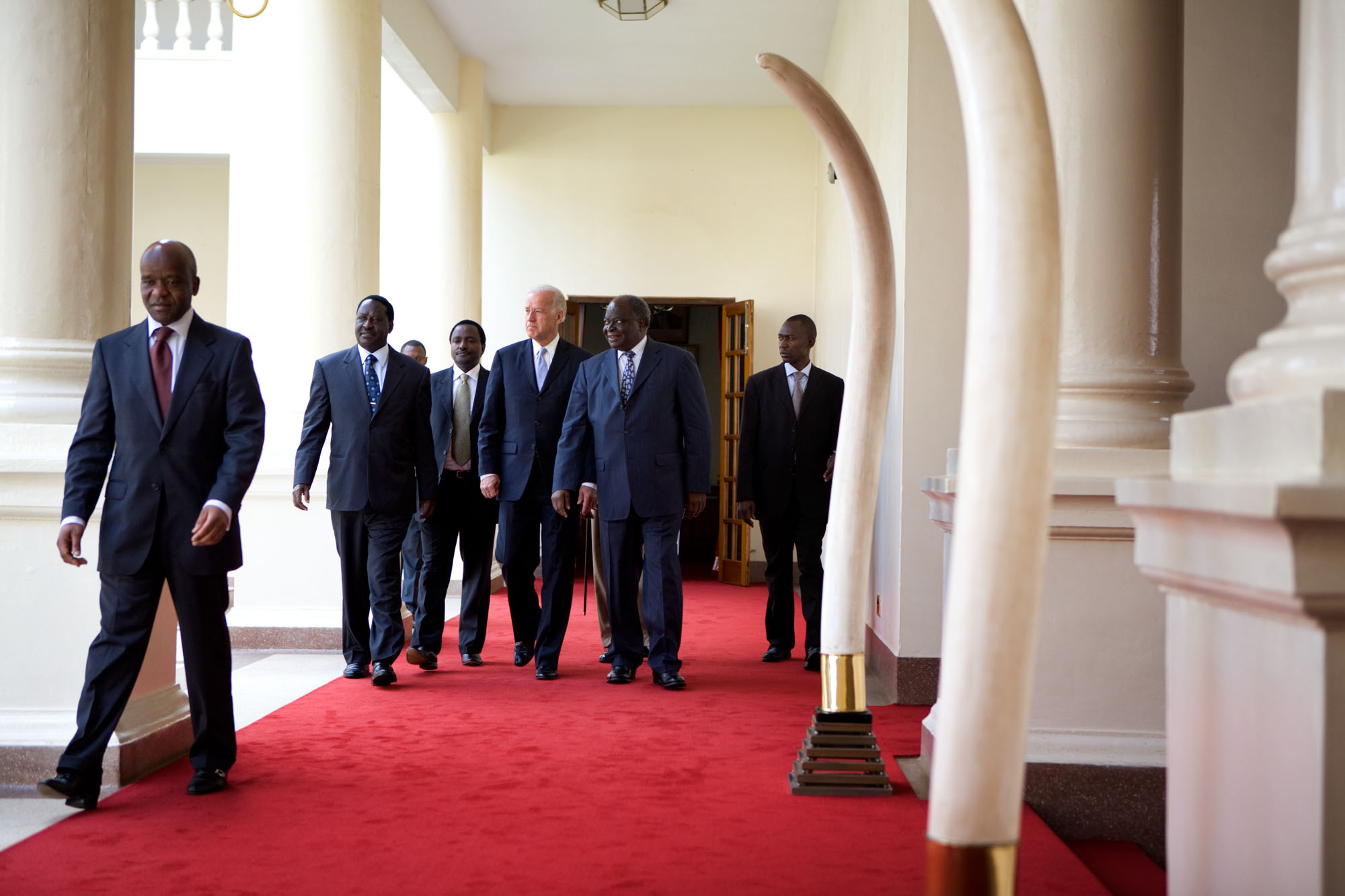After a tumultuous three and a half years, a wide array of African stakeholders are hoping for a “reset” in Washington’s ties with the continent following the election of President-elect Joe Biden. Specifically, they’re hoping the United States will reengage multilateral institutions like the World Health Organization and the World Trade Organization, resume its traditional leadership role in international finance, and do more to help countries battle the spread of COVID-19.
But more than anything, there’s a desire for the U.S. to dial down the rhetoric against China. African leaders have become increasingly anxious in recent months that they’re going to once again get swept up in a great power duel. Throughout the continent, memories of Africa’s disproportionate suffering during the Cold War are still fresh. Furthermore, heightened U.S.-China tensions unnerve global markets, which bring down prices of oil and other key commodities that generate the bulk of the continent’s income.
Joshua Eisenman, an associate professor at the University of Notre Dame, who specializes in Chinese global politics, has been closely following the political maneuverings between the U.S. and China following the election. He joins Eric and Cobus to discuss the role that China may play in the incoming administration’s future Africa policy.







